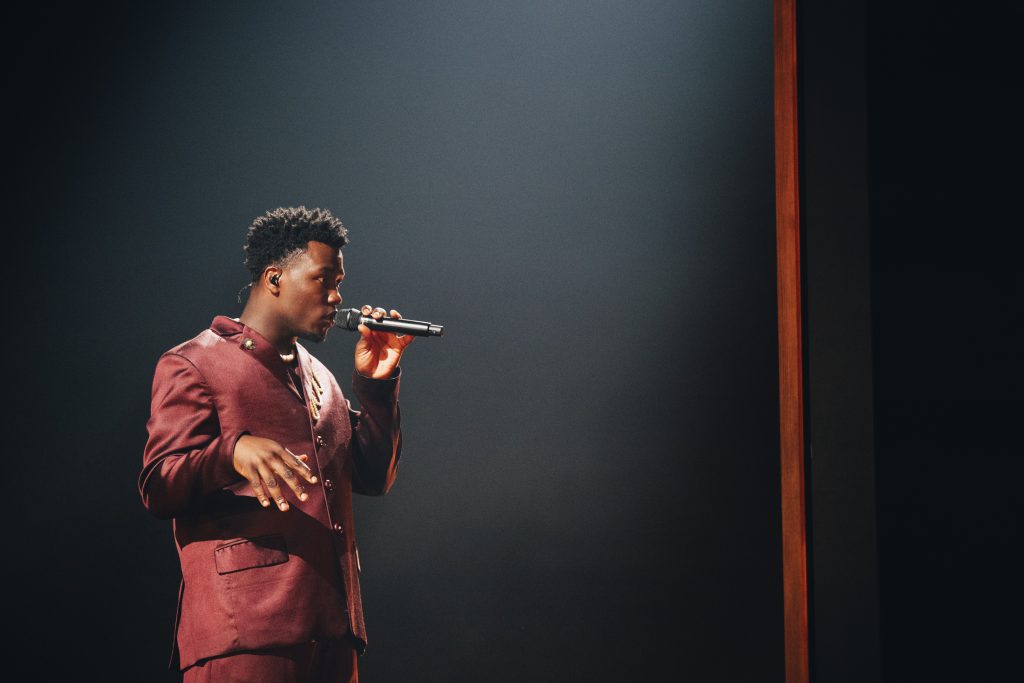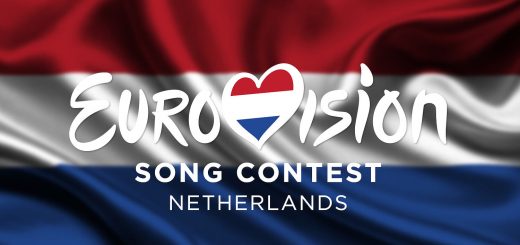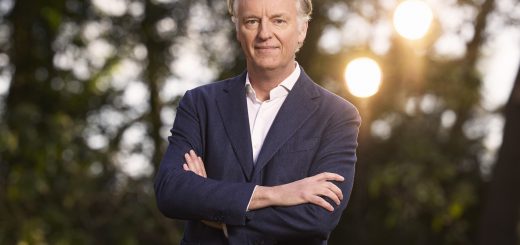Netherlands stands firm: “No Eurovision 2026 if Israel competes,” says AVROTROS

The Netherlands has taken one of its boldest Eurovision stances in recent memory. AVROTROS, the Dutch public broadcaster that handles the country’s Eurovision participation, has reaffirmed it will not take part in Eurovision 2026 if Israel remains in the competition, despite the EBU’s decision to delay its vote on the issue until December.
In a statement to the Dutch press, AVROTROS said it will “wait for the outcome” of the European Broadcasting Union’s General Assembly — but behind that diplomatic phrasing lies an unmistakable message: Amsterdam is done watching from the sidelines.
“We’ll wait — but our stance is clear”
AVROTROS has made it clear that its position hasn’t shifted, even after the recent ceasefire between Israel and Hamas. The broadcaster’s leadership remains deeply concerned about Israel’s political involvement in last year’s contest in Basel, which it believes undermined the integrity of the event.
Sources close to the Dutch delegation say the broadcaster views Eurovision as a cultural, not political, platform, and will only return if the EBU ensures that the contest remains free of government interference.
The Dutch position, though framed in calm diplomatic language, is a de facto boycott threat — one that places pressure on the EBU ahead of its December General Assembly in Geneva, where members will vote on whether Israel can remain in the competition.
A growing rift inside Eurovision
The Netherlands joins Spain, Ireland, Slovenia and Iceland in warning they could withdraw if Israel competes, reflecting a deeper ideological divide within Europe’s public broadcasters.
While some — notably Germany’s Friedrich Merz, who labelled the boycott calls “shameful” — defend Israel’s right to compete, others argue that the EBU’s “apolitical” stance has become unsustainable amid the humanitarian catastrophe in Gaza and mounting evidence of state interference.
The EBU insists it wants “an open and personal discussion” before making a final call. Yet for many inside the organisation, the Dutch line feels like a moral ultimatum — either Eurovision reforms, or it risks losing some of its most respected members.
Looking ahead to Vienna 2026
With the 70th Eurovision Song Contest set for 16 May 2026 in Vienna, the Dutch threat adds new uncertainty to a show already defined by its political undertones.
As one Dutch commentator dryly put it, “If Eurovision really is about unity through music, then the EBU should start listening to the discord in its own orchestra.”
Source: AD.Nl


